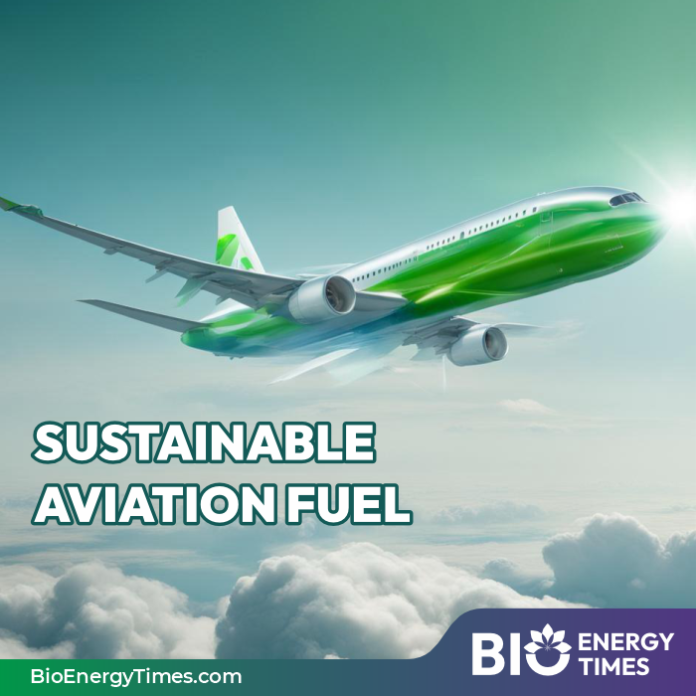Airline companies are increasingly adopting sustainable aviation fuels to lower their carbon emissions, but the supply remains very limited.
Sustainable aviation fuel is expected to play a crucial role in maintaining air travel starting in fiscal 2030, as part of the government’s efforts to decarbonize the aviation sector.
Following a meeting of an advisory panel on September 30, the industry ministry has decided to implement this policy and plans to amend relevant government ordinances during the next fiscal year beginning April 1.
The aviation sector is facing challenges in moving away from fossil fuels, which are significant contributors to greenhouse gas emissions. Traditional jet fuel is derived from crude oil, while most sustainable alternatives are produced from waste cooking oil. The carbon dioxide emissions from producing and using sustainable fuels are estimated to be only 20 percent of those from conventional jet fuel.
To tackle climate change, the government aims to enhance the availability of sustainable fuels for aircraft. It intends to request five major energy companies, including Eneos Corp. and Idemitsu Kosan Co., to provide sustainable aviation fuels that would equal at least 5 percent of the total carbon dioxide emissions from jet fuel in fiscal 2019.
While more airlines are starting to use sustainable sources for their passenger jets, the overall supply is still minimal. In 2022, the global aviation industry consumed approximately 300,000 kiloliters of sustainable fuels, which accounted for only 0.1 percent of the total fuel used. To achieve carbon neutrality by 2050, an estimated 450 million kiloliters of sustainable fuels will be required.
To read more about Sustainable Aviation Fuel Industry News, continue reading BioEnergyTimes.com














